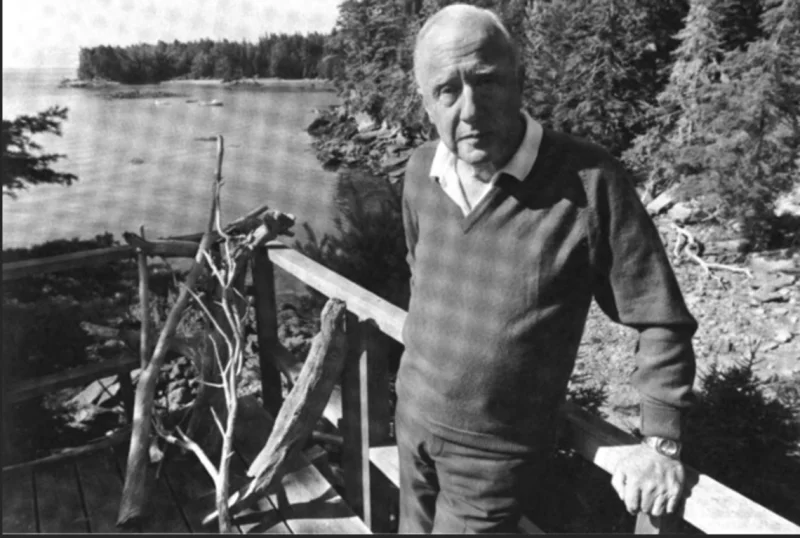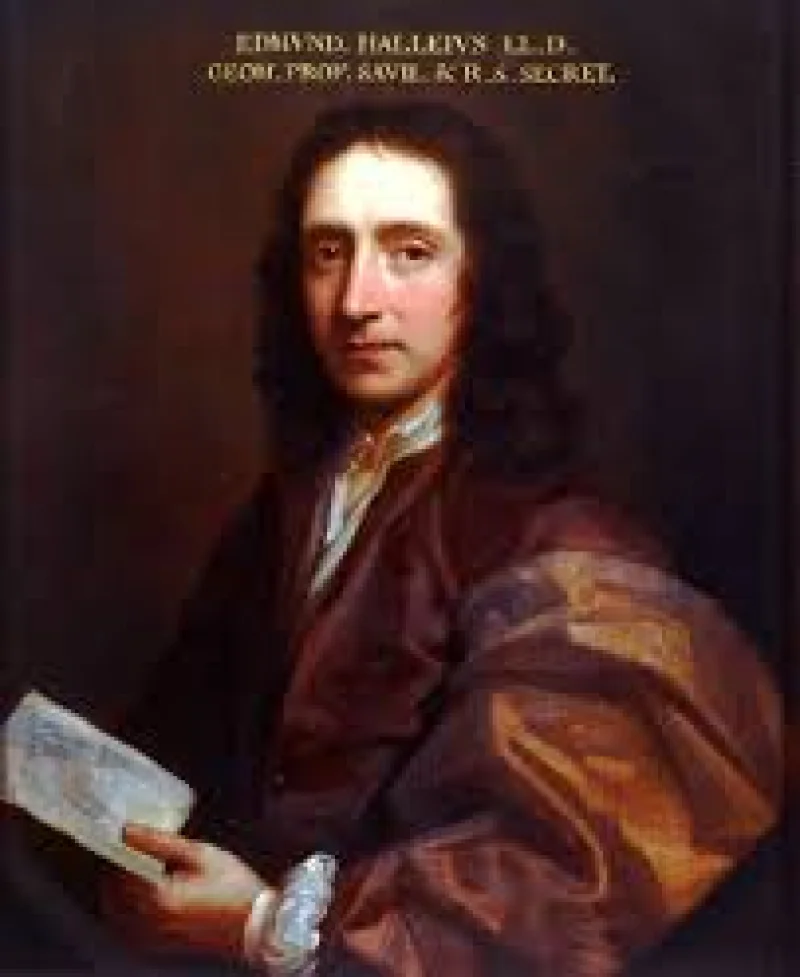Short Summary
John Archibald Wheeler was a prominent American theoretical physicist renowned for his work in nuclear physics, general relativity, and quantum mechanics. He played a key role in the development of the hydrogen bomb and was influential in the revival of interest in general relativity and black holes. Wheeler is best known for coining the term "black hole" and for his work on the "it from bit" concept, which suggests that information is fundamental to the physics of the universe. His contributions have left a lasting impact on the field of theoretical physics.
Early Life & Education
John Archibald Wheeler was born on July 9, 1911, in Jacksonville, Florida, as the eldest of four children in a family with Quaker roots. He displayed an early interest in science and mathematics, which was encouraged by his parents. Wheeler attended Baltimore City College, a public high school, and later enrolled at Johns Hopkins University, where he earned his Ph.D. in physics in 1933. His doctoral research focused on the theory of the dispersion and absorption of light, a topic that laid the groundwork for his future contributions to theoretical physics.
Career Highlights
Wheeler's career was characterized by significant contributions to both theoretical and applied physics. He worked on the Manhattan Project during World War II, where he collaborated with Niels Bohr and others on nuclear fission research. After the war, Wheeler joined the faculty at Princeton University, where he made groundbreaking contributions to the understanding of general relativity and quantum mechanics. He was pivotal in advancing the study of black holes and quantum gravity, and his concept of "geons" and the "it from bit" hypothesis further cemented his reputation as an innovative thinker in the field.
Major Achievements
- Coined the term "black hole," revolutionizing the way these cosmic phenomena are understood.
- Contributed to the development of the hydrogen bomb through his work on nuclear reactions.
- Proposed the "it from bit" hypothesis, suggesting that information is the foundation of physical reality.
- Developed the Wheeler-DeWitt equation, a key element in quantum gravity theory.
- Mentored numerous influential physicists, including Richard Feynman and Kip Thorne.
Famous Quotes
- "Time is what prevents everything from happening at once."
- "We are no longer satisfied with insights only into particles, or fields of force, or geometry, or even space and time. Today we demand of physics some understanding of existence itself."
Interesting Facts
- Wheeler worked closely with Albert Einstein during his time at Princeton University.
- He was a key figure in the development of the S-matrix theory.
- Wheeler was among the first to recognize the significance of quantum information theory.
- He held more than 20 honorary degrees from various institutions worldwide.
- Wheeler's fascination with the universe led him to explore philosophical questions in physics.
Legacy / Influence
John Archibald Wheeler's legacy is profound, as he bridged the gap between the classical and quantum realms, influencing generations of physicists. His work on black holes and quantum theory laid the groundwork for much of modern theoretical physics. His ideas continue to inspire research in cosmology and quantum mechanics, and his mentoring of future scientific leaders ensured that his influence would persist for decades beyond his lifetime.
FAQ
Q: Why is John Archibald Wheeler famous?
A: He is famous for his contributions to theoretical physics, especially in the understanding of black holes and quantum mechanics.
Q: What is the "it from bit" concept?
A: The "it from bit" concept suggests that information is a fundamental component of the physical universe.
Q: What was Wheeler's role in the Manhattan Project?
A: He worked on nuclear fission research, which was crucial to the development of the atomic bomb.













